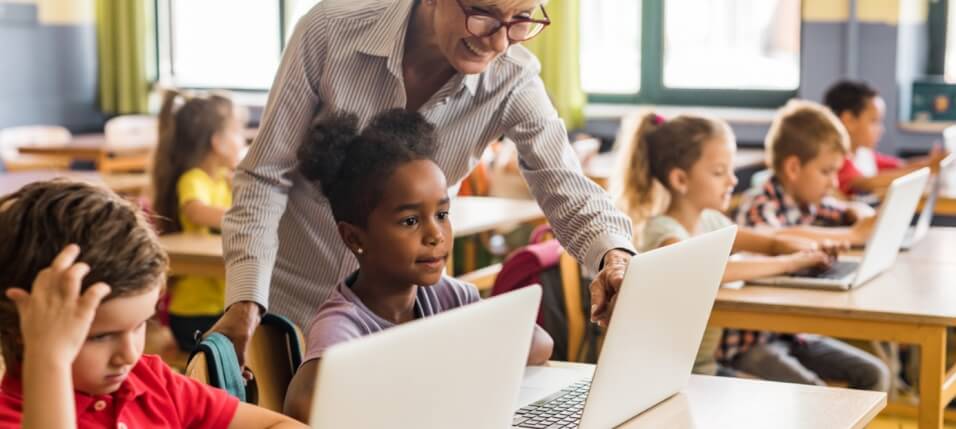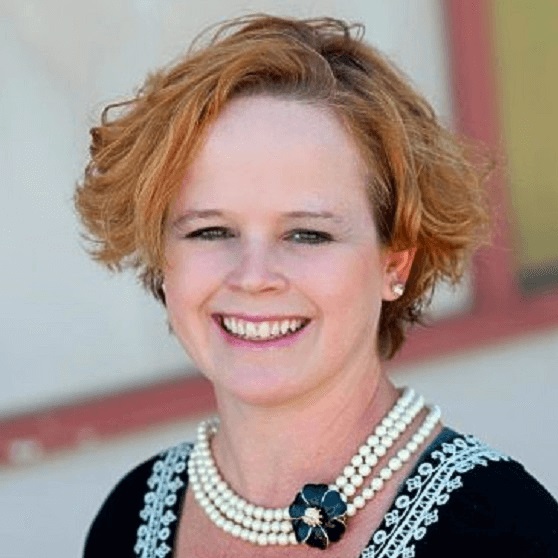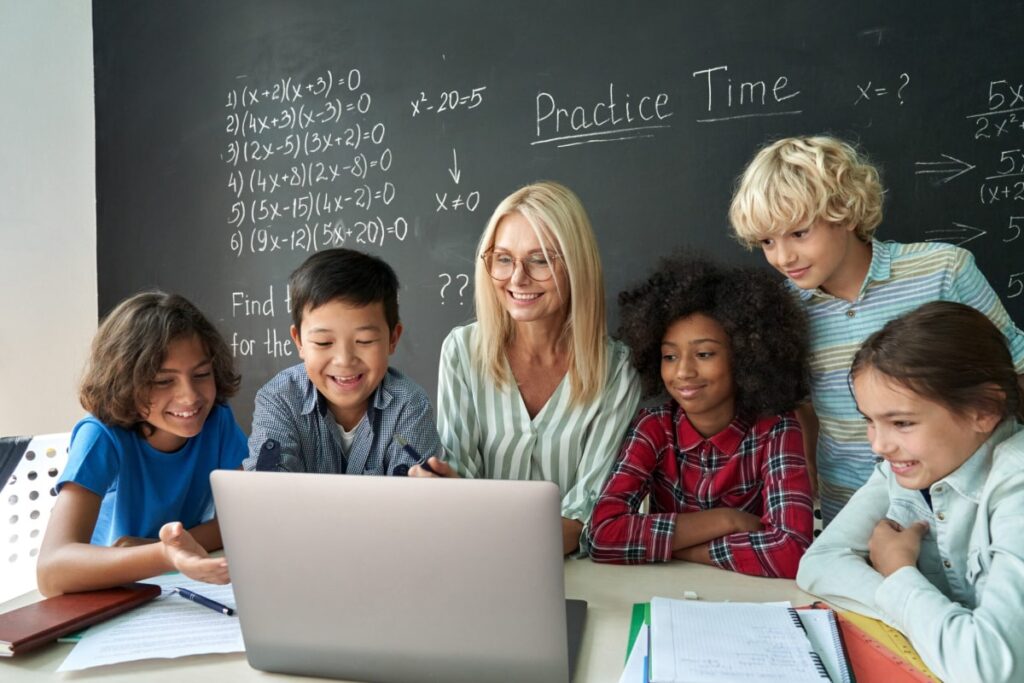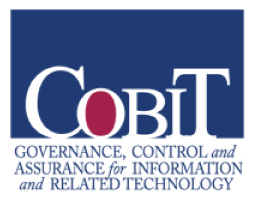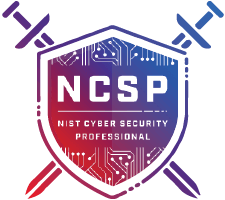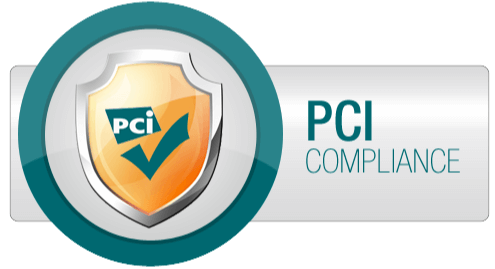RethinkEd believes in nurturing educators and students, and advocates for empowering and supporting teachers and building an SEL culture to create a school climate that keeps the teachers as well as the students engaged, learning, and making progress.
Christina Whalen, Ph.D., BCBA-D Share this
The COVID-19 pandemic led to increased stress and burnout for many educators. One study reported that more than 40% of educators surveyed reported experiencing a component of burnout in the 2020-2021 school year and are now considering leaving the field of education altogether. Education is a high-risk career in the United States due to its stressful workload as well as the frequent lack of social supports, training, and resources. About 50% of teachers leave the education profession in the first 5 years equating to roughly 500,000 each year. Teacher stress and social-emotional competencies (e.g., emotion regulation, stress management, cultural competence, self-awareness) can impact student behaviors, academic performance, and relationships.
Does SEL Impact Our Educators?
Social Emotional Learning (SEL) is not only important for student outcomes, but it is also essential for building SEL competencies in educators to help reduce emotional exhaustion and burnout and improve self-efficacy and job satisfaction. In fact, taking care of educators’ well-being may be one of the best things that schools can do for students because the people who are spending the most time with students and taking care of them must be also taking care of themselves. Professional development in SEL has been shown in multiple research studies to improve teacher’s well-being and to reduce burnout and stress and improve student outcomes. For example, mindfulness-based SEL training has been shown to have a lot of promise for decreasing teacher stress and burnout and improving their emotional regulation and ability to tackle challenges in the classroom.
How Can RethinkEd’s Professional Development Modules Support Educators?
In a recent study conducted across 10 of our valued partner districts and involving 1,090 educators, the completion of the RethinkEd Social Emotional Learning PD modules were compared to educator ratings of burnout, stress, and well-being. Similar to other studies, surveys were used to evaluate the perceptions of burnout, stress, well-being, and job satisfaction.
What Did This Study Find?
- Almost one-fifth of the participants reported having feelings of stress and burnout.
- Educators completing the SEL PD modules (an average of 29 short modules) rated overall more positively and with significantly less stress and burnout than those who completed 0-5 modules.
- Educators who completed the SEL PD modules rated better well-being, school connectedness, and job satisfaction than those who did not complete the modules.
Research supports the fact that teachers who feel more positively at work have better student outcomes and are less likely to leave the field. Teachers must take care of themselves to be able to nurture and teach their students. It is important for schools to take care of their teachers to promote engagement, connectedness, passion, and productivity. RethinkEd believes in nurturing educators and students, and advocates for empowering and supporting teachers and building an SEL culture to create a school climate that keeps the teachers as well as the students engaged, learning, and making progress.
In Conclusion
The outcomes of this research support the findings that professional learning in SEL may have a positive impact on teacher well-being and reducing burnout and stress. Training educators in SEL not only supports improving student outcomes but may also impact overall school climate and the teachers’ feelings of acceptance, belonging, and willingness to address their own biases and limitations.
Research supports the fact that teachers who feel more positively at work have better student outcomes and are less likely to leave the field. Teachers must take care of themselves to be able to nurture and teach their students. It is important for schools to take care of their teachers to promote engagement, connectedness, passion, and productivity. RethinkEd believes in nurturing educators and students, and advocates for empowering and supporting teachers and building an SEL culture to create a school climate that keeps the teachers as well as the students engaged, learning, and making progress.
For more details about this research read our White Paper on Professional Development in RethinkEd’s SEL Relates to Less Educator Stress and Burnout and Better Perceptions of Well-Being and School Connectedness.
